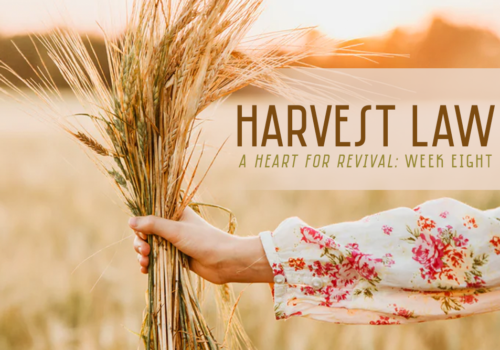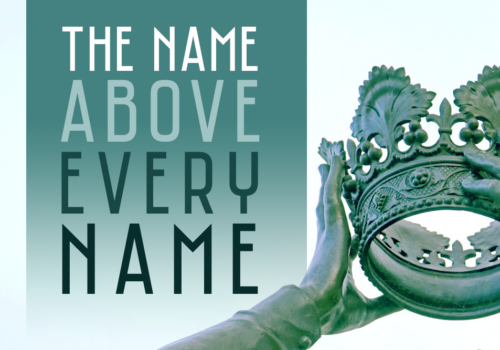Last week I shared about two of the five kings defeated by Joshua as Israel was conquering Canaan and how those kings were a type and shadow of influences we, too, must defeat in our Christian walk. Today we look at Piram.
Piram was the third of the five kings destroyed by Joshua at Mekkedah. As one of the five “leaders” in the Amorite spirit (they were the five kings of the Amorites, (cf. Joshua 10:5); Piram, “like a wild donkey,” is today’s spiritual influence that pushes one to be stubborn and self-willed.
Such behavior is very evident amongst the unrepentant—and thus unregenerated; it is even flaunted in many of today’s reality shows. Because of this unregenerate way of life, those who have accepted the grace of God can understand the root of these actions and attitudes and the freedom that initially comes through salvation. However, the freedom found in that original submission to Christ through repentance must become a continued life of submission to Him to keep Piram’s influence at bay.
While much could be said regarding the many facets of a submitted lifestyle, an excellent place to begin is with the Apostle Peter’s words, “Servants, be subject to your masters with all respect, not only to the good and gentle but also to the unjust. For this is a gracious thing, when, mindful of God, one endures sorrows while suffering unjustly” (1 Peter 2:18-19 ESV).
Vernon McGee writes, “In our contemporary culture, we would say, ‘Employees, be subject to your bosses.’ Many folk tell me how wonderful it is to work for a Christian boss. But what if you are working for a godless fellow? You are to be subject to him also, as long as he is not asking you to do that which is illegitimate or dishonest. [To be subject] has in it the idea of freedom of choice. It is subjecting yourself, something you do voluntarily—not because you feel that your boss is a great person but because of your testimony for Christ.”
Contrary to what the world says, there is great personal liberty in a submissive life to the Lord. Submission is part of our “rest.”
Again, looking at the wilderness wanderings and the conquering of Canaan through the lens of types and shadows, we can also see how they picture the experiences of believers who will not claim their spiritual inheritance in Christ, doubt God’s Word, and live in restless unbelief. To be sure, God is with them, as He was with Israel, but they do not enjoy the fullness of God’s blessing. They are “out of Egypt” but not yet “in Canaan.”
With this context, we can better understand one of the keywords in Hebrews as well—rest (Heb. 3:11, 18; 4:1, 3–5, 8–11). The writer mentioned two different “rests” found in Old Testament history:
(1) God’s Sabbath rest, when He ceased from His Creation activities (Gen. 2:2; Heb. 4:4).
(2) Israel’s rest in Canaan (Deut. 12:9; Josh. 21:43–45; Heb. 3:11).
These “rests” are illustrations of the spiritual experiences of believers today. The Sabbath rest is a picture of our rest in Christ through salvation (Heb. 4:3; see Matt. 11:28). The Canaan rest is a picture of our present rest as we claim our inheritance in Christ (Heb. 4:11–13; note the emphasis on the Word of God).
The first is the rest of salvation; the second is the rest of submission. [1]
Piram battles against submission and thus challenges our rest.
Let’s not let him win today!



